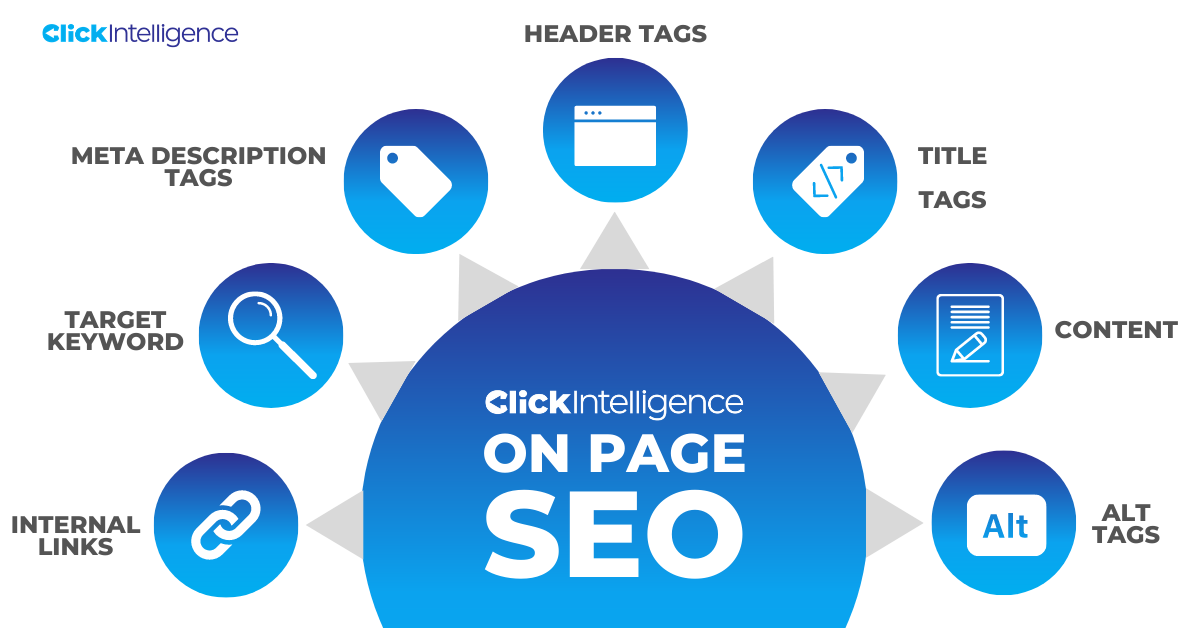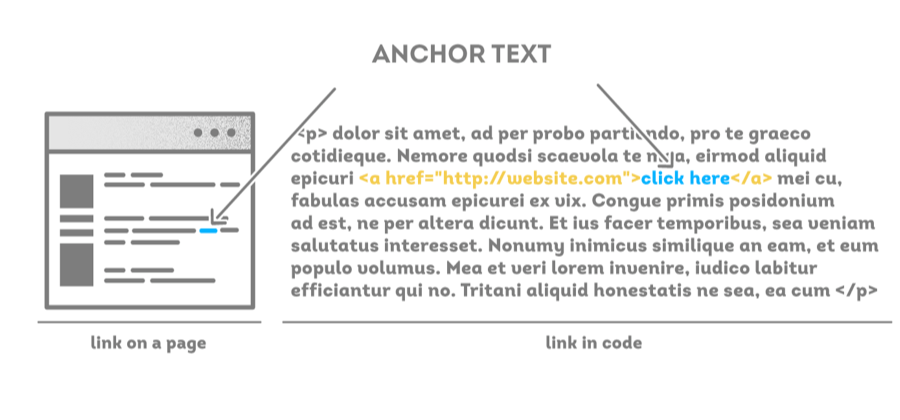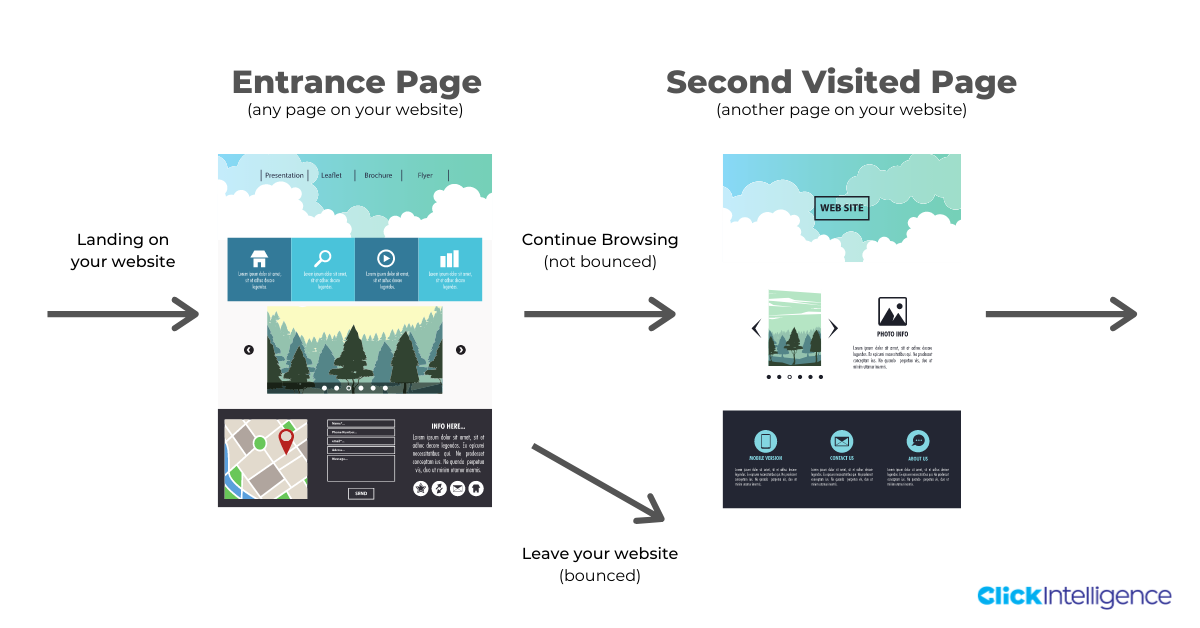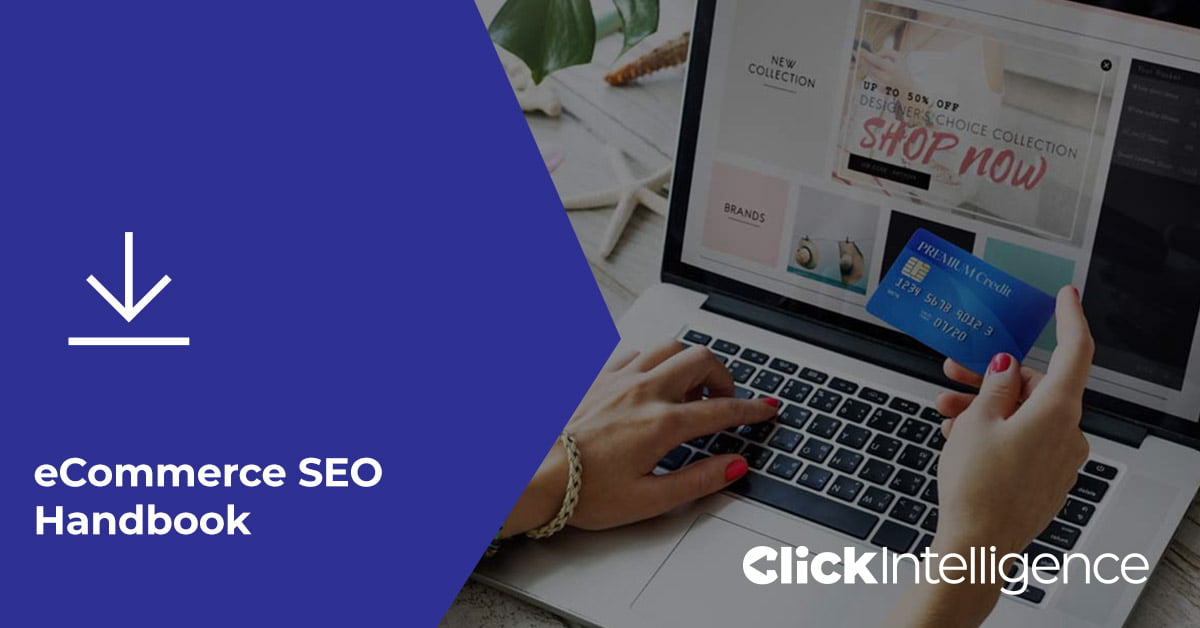TL;DR – Google Ranking Factors 2025: Key Signals to Focus On
High-Quality, Relevant Content
Long-form, intent-matching, and regularly updated content remains critical for SEO success.On-Page Optimisation
Use target keywords in title tags, meta descriptions, and body content. Don’t forget internal linking.Backlinks & Link Quality
Earning high-authority, relevant backlinks is essential—avoid poor-quality or broken links.User Experience Signals
Prioritise Core Web Vitals, mobile usability, fast load times, and intuitive navigation.Technical Trust Factors
HTTPS security, low bounce rates, and schema markup contribute to stronger rankings.
It is a well-known fact that people rarely go past page one of the Google search engine results page, due to the lack of trust instilled in the pages beyond. It is also partly because people want to find their answers to their queries quickly and easily. Therefore, Google displays the ‘best results’ on the first page. However, have you ever thought about the different ranking factors, UK and globally, that can boost your site and help you reach that desired number one spot?
In this guide, we will go through the Google search ranking factors that you should take into consideration.
How does Google ranking work?
Before diving in, it is important to know how ranking on Google works. Google’s ranking factors determine how high up the search engine results pages your website is positioned; we’ll go into them more later. If you’re wondering, “how does Google rank content?”, then there are two things the search engine looks for when ranking – relevancy and authority. After Google has crawled and indexed a website, it will be displayed on the results pages in an order that reflects its rank. Obviously, being at the top indicates that a website scores highly in terms of SEO rank factors, and the top search engines deem it to be relevant to a search query.
How many Google ranking factors are there?
You might wonder how many ranking factors does Google use? While search engines have never revealed the exact way they rank websites, and it is likely they never will, it is estimated, by SEO experts, that there are between 90 to 200 SEO signals that they take into account for Google SEO ranking factors. However, there is no need to attempt all of the 200 SEO factors and different SEO ranking signals. You want to only focus on the ones that will bring you back the results you desire. Now you know what the approximate number of Google’s ranking factors is, you’ll want to know which are the most important search engine ranking factors 2020, 2021, 2022, 2023, 2024, 2025 and beyond!
Here are our top search engine ranking factors that were relevant search engine ranking factors 2021 era, and we seriously think you should give a go in 2025!
Content
When people search for something, they are usually looking for advice, a service, or a product. However, you won’t show up and provide this to people if you don’t have the content! Surprisingly, this is very often missed. Many websites think it is unnecessary to have a blog or extra content pages, but trying to overstuff your homepage or about us page with keywords will not do you any favours. You need to show clearly to Google exactly what your website and product/service is all about, and so you need plenty of content to showcase this. Have a page for each of your products/services that you offer and optimise this. Relevant content is one of the SEO key factors that Google looks at so don’t skimp on this website ranking factor.
On page optimisation
On site factors are one of the most important ranking factors in Google. Onsite SEO basics include tweaking and updating your page content, tags and using internal linking to improve your site’s visibility.
Creating the extra pages as mentioned above is step one. However, what is the single most important of the on page SEO factors 2021, and beyond? Of course, it is that you want to ensure that Google can understand what these pages are about. This is why you need to optimise it with SEO. To do this is easy.
Step one: Make sure your keywords are used in your title tag. A title tag is the text that appears in the link on the search engine results page.
Step two: Including your target keywords in your meta description is also the key to success. Not only does it convince users to click on the link, but it will help in your ranking efforts.
Step three: Include the keywords in your content on your web pages to boost your on page ranking factors.

Content length
Did you know that the length of your content can play a part in the search engine ranking factors in 2025? In fact, it’s one of the most important Google ranking factors. When it comes to ranking factors, Google tends to give long-form content higher rankings. Content that is above 1800 words tends to rank better than shorter content. With more words, you are able to fully address the user’s question and provide everything that the users are looking for. Google loves to keep its users happy, and when they can do so with a great answer, they will reward you! However, there is a catch.
Long-form content doesn’t always work if the searcher’s intent doesn’t match. Not everyone wants to read a long blog, after all. Plus, certain queries, such as recipes, for example, might work better with shorter, snappier content. Therefore, when deciding on the length, consider your audience and what would bring value to them, as well as your competition. Look at what they are already ranking for and make your content around that length.
Search intent
When it comes to page rank factors, search intent is a big one. You might optimise your web page and do so correctly, but if you have targeted and used the wrong keywords and type of content, it will do more harm than good, and you won’t rank. As an example, Google often ranks articles over product pages, so consider this when researching the keywords you have used. If your keyword brings up articles as opposed to products, then produce an article that uses this keyword instead.
Freshness
Keep your content fresh! It is as simple as that. Google doesn’t like to serve “out of date” content to its users.
Inbound links
One of the most important SEO factors to take into consideration is inbound links – the art of using internal links on your own site and including links from other websites to your own. The more links that you have on popular websites, the more visibility you will gain, and the higher you will rank.

Quality of links
While links will help you gain popularity and awareness, this must be grown at a natural pace. Slowly building up awareness of your brand and websites will result in other people linking to your site naturally over time, without you needing to do anything. However, the best way to get started on this is to focus on link building and blogger outreach so that you can build links up.
Be sure to check your existing links to ensure that they’re not harming your SEO efforts. Links from poor-quality sources or links that are broken could force you to rank worse, as Google will deem you as untrustworthy. Disavow any unwanted links that may cause you harm and instead focus on building links from reputable, high Domain Authority websites.
Also, spend time to make sure that your internal links are all good. Links leading to the wrong pages or pages that don’t exist anymore can harm your SEO, making it tougher for Google bots to crawl your website. Fix any redirect errors to help boost your performance.
Anchor text
Within the content, you should include an anchor text, the link to your website. This can affect the ranking signals Google looks for as it can show search engines what your webpage is about. You can learn more about anchor texts here.

Usability
One of the important Google ranking factors 2021 has showcased so far is that you should consider the usability and user experience of your website. Web users will not wait around for a site that takes forever to load or has bad navigation. They will get frustrated and head elsewhere even if you do have the best product/service or content.
Core Web Vitals
Core Web Vitals recently became one of the SEO ranking factors in 2021 and is something you should target in 2025. Focused on giving the user the best experience possible on your webpages, these vitals measure how well your website performs on various metrics.
The main three metrics are:
Largest Contentful Paint (LCP) – The time it takes for the largest asset on your webpage to visually load.
First Input Delay (FID) – The time it takes for an interactive item on your website to perform the appropriate action when it is clicked. For example, this could measure the time it takes for a link to open when it’s clicked.
Cumulative Layout Shift (CLS) – This scores how stable your website is while it’s loading, measuring how much assets move about the page as other parts of the webpage load around it.
To provide a good user experience on your webpage and to rank better, as a result, it’s important that you keep these scores as low as possible. For your website to be deemed as optimal, it’s said the LCP should be under 2.5 seconds, FID shouldn’t exceed 100 milliseconds, and the CLS should score under 0.25. You can use the Google Lighthouse extension to view the scores of your web pages and make improvements.
It’s important to know that these are mobile-focused, so results will use data from the mobile versions of your web pages. This is because a high proportion of users are now searching on mobile.
Bounce rate
People will all too often head to a website, realise it is not what they are after, and click away, closing down their window and, consequently, your website. If your website experiences this frequently, this could wrongly inform the search engines that your website is not the result that people want to see. Therefore, keep your bounce rate observed.

Page speed
As briefly touched upon, users will not wait around for a site that takes an age to load. Users want the page to load almost immediately, and if it doesn’t, they will leave. Therefore, you need to optimise your website for speed to ensure you aren’t losing any potential customers.
Mobile-friendly design
People don’t just search online on their desktop anymore; they use their phones and tablets. In fact, it is outpacing the number of those that do. So you need to ensure you are taking into account mobile SEO ranking factors too, and that your website looks just as good on mobile as it does on a computer.
Security and HTTPs
Websites that make the most of security and HTTPs are more likely to rank better, as it instills more trust. This is why eCommerce sites that collect sensitive data that use secure browsing will rank better than those that don’t. The HTTPS ranking factor ensures credibility and that you have a website that can be trusted. Without this, sensitive browser information could be at risk.
What are the most important SEO ranking factors: do they change?
This post has answered the question: how many ranking factors does Google have? Plus, it has looked into the Google SEO factors you should be focusing on to get your website to the top of search engine ranking UK or worldwide.
There are many Google page ranking factors, and while these don’t change that often, some shift in value over others, meaning that there are new Google ranking factors to consider. When it comes to top SEO ranking factors 2021, 2025, and beyond, the consistent publishing of engaging and relevant content reigns supreme as one of the heaviest weighted Google ranking signals for you to think about.
When you’re focused on running a business, it is not easy to keep up with search ranking factors and the ones that you should be focusing on. Knowing what affects SEO ranking is one thing, but knowing how to use this to improve your search engine ranking is another. That’s why at Click Intelligence, we offer ranking factors SEO consulting and can take your ranking to the next level.
To conclude
These are the SEO top ranking factors that you should be implementing if you want to see a change. Focus on these, and you should not just improve the experience for your users, but you will also increase your traffic!
Additional Related Articles
- https://www.clickintelligence.co.uk/identifying-the-cause-of-your-seo-ranking-drop/
- https://www.clickintelligence.co.uk/what-you-need-to-know-about-2013-ranking-factors/
- https://www.clickintelligence.co.uk/8-online-video-marketing-seo-tips-to-boost-your-rankings/
- https://www.clickintelligence.co.uk/keywords-ranking-on-google/
- https://www.clickintelligence.co.uk/disallowing-css-javascript-crawling-affects-rankings-panda/
- https://www.clickintelligence.co.uk/do-organic-keyword-rankings-still-matter/
- https://www.clickintelligence.co.uk/better-ranking-link-building/
- https://www.clickintelligence.co.uk/what-is-link-building/
- https://www.clickintelligence.co.uk/benefits-onsite-offsite-seo/
- https://www.clickintelligence.co.uk/unnatural-links/
- https://www.clickintelligence.co.uk/what-is-anchor-text/
- https://www.clickintelligence.co.uk/google-ranking-factors-2020/

